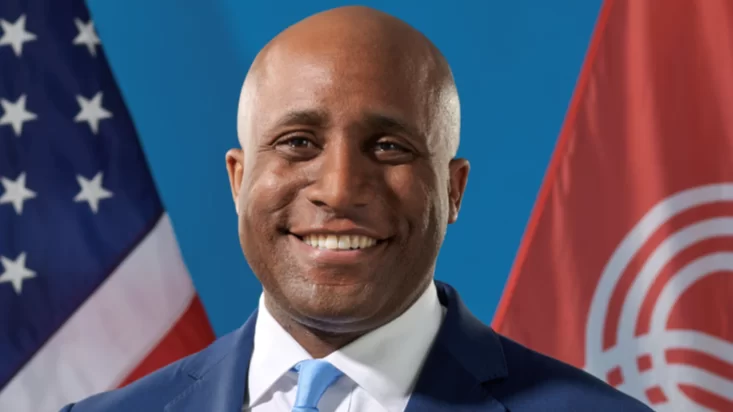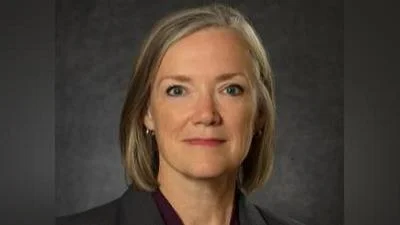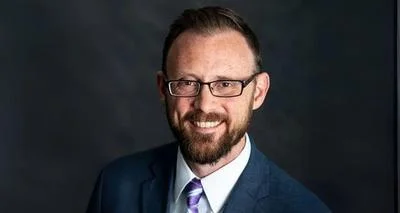Mayor Quinton Lucas | City of Kansas City
Mayor Quinton Lucas | City of Kansas City
The Kansas City Health Department is gearing up to host a Black Maternal Health Forum on Tuesday, April 16, 2024, focusing on maternal health disparities affecting African American women. According to the Centers for Disease Control (CDC), Black women are three times more likely to die from pregnancy-related causes than White women due to various factors such as healthcare quality variations, chronic conditions, structural racism, and implicit bias.
The symposium, titled "Our Bodies STILL Belong to Us: Reproductive Justice NOW!", aims to shed light on the limited access to care for African American women in prenatal and post-reproductive health. Event organizers are advocating for comprehensive insurance coverage, improved access to care, guidance for healthcare providers, and research funding specifically tailored to Black women and birthing individuals.
The forum will feature local doctors, doulas, and community leaders coming together to address the pressing issues surrounding Black maternal health. To attend the event, interested participants can register at the Black Community Health Forum on Eventbrite.com. The event will take place at the Kauffman Conference Center in Kansas City, Missouri, from 6:00 p.m. to 8:00 p.m. and is free for all attendees.
Among the panelists set to discuss the challenges facing Black mothers and their health are prominent figures including Mayor Pro Tem Ryana Parks-Shaw, Councilwoman Melissa Robinson, Dr. Marvia Jones from the Kansas City Health Department, Ronetta Thompson from Uzazi Village, Dr. Robbie Harriford from Samuel Rodgers Health Center, and Kendra Wyatt from New Birth Company Birth Center.
The topics for the panel discussion will encompass Culturally Congruent Care, Equitable Access to care, and Policy Advocacy in mobilizing resources and pushing for policy changes in Black maternal health.
The Black Maternal Health Forum aims to bring critical attention to the disparities in maternal care experienced by African American women and provide a platform for discussion and advocacy for better healthcare outcomes in the community.





 Alerts Sign-up
Alerts Sign-up